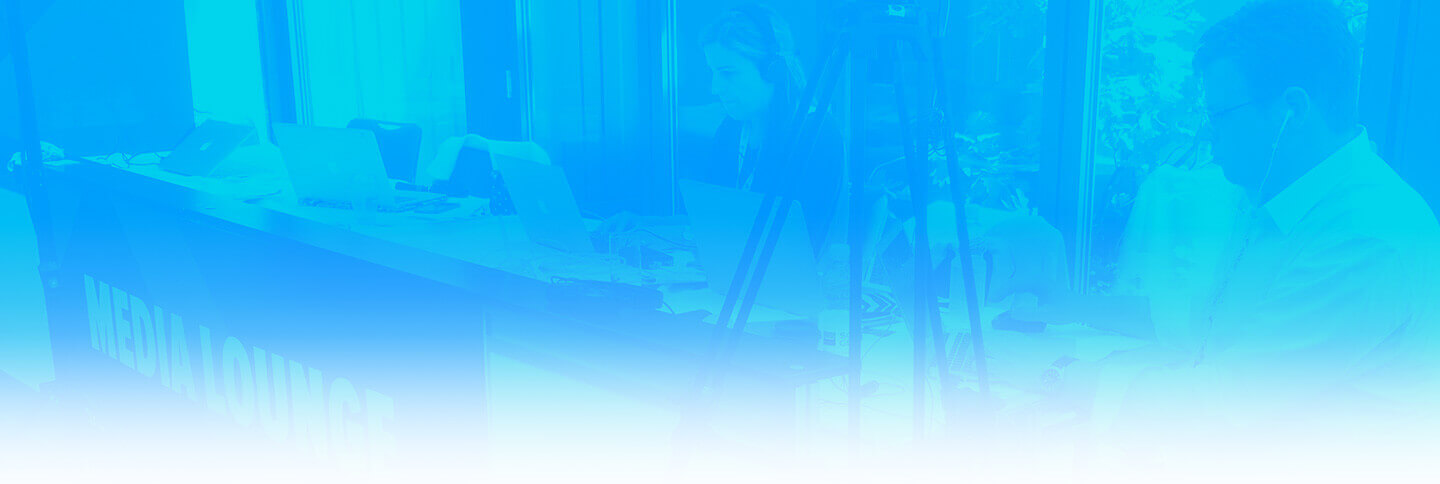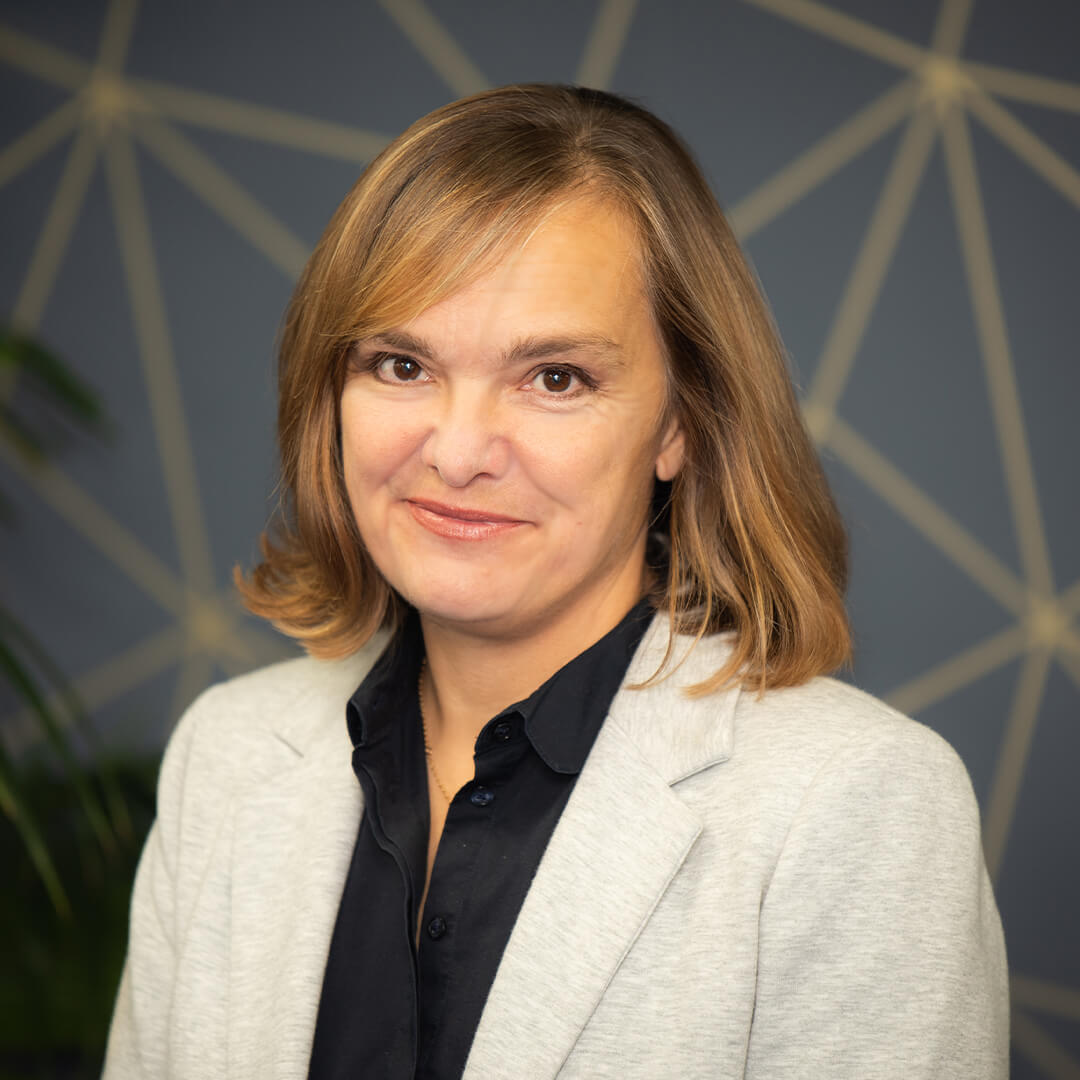5 insights from Davos for corporate communicators
The World Economic Forum adopted a newly minted word to frame the debate at its 2023 Annual Meeting in Davos. Welcome to the “polycrisis”.
As corporate communication and marketing leaders, we are well-equipped to deal with a crisis. However, navigating cascading global crises – including war, surging inflation, failing supply chains and rapid developments in AI – means we need to be more nimble and adaptive than ever before.
But Davos was not all doom and gloom: there was an air of cautious optimism, particularly on the global economy. And the Director-General of the World Trade Organization told a keynote panel that multilateral cooperation is a strong part of the solution to the world’s major challenges.
Here are five key takeaways for corporate communicators, distilled by the Formative Content teams who were on the ground at Davos.
The challenge of telling your truth
The advent of generative AI tools with the ability to create strikingly realistic images and convincing written content could lead to fake stories and untruths about, or purportedly from, leading brands.
Corporate communications teams have a central role in confronting deliberate attacks designed to create misconceptions. Never has creating and delivering your own company truth been more important. You can hear more on the debate about ChatGPT and the impact of new and next generation of AI tools in the World Economic Forum’s session on AI and White Collar Jobs.
Climate and purpose are still a priority
In 2022, we saw something of a political backlash against ESG as a business and investment imperative. This was, to an extent, driven by concerns about over-exaggerated claims on the impact and profit-potential of greener strategies.
A number of senior leaders at Davos were vocal on the need for companies to stick to their climate commitments and, crucially, to ensure their sustainability messaging – both internal and external – is authentic, honest and accurate.
Speaking at a PRovoke Media event in Davos, Salesforce President and CMO Sarah Franklin said: “We really have to make sure we are saying what we are doing. What we’ve done is focus on the causes that we care about. Sustainability. Human rights. It’s a C-level conversation, so it’s a good opportunity for the CMO to be very strategic in our company. It’s to be the voice and bring that to our CEO.”
Talent scarcity is a growing challenge
“The workplace is looking very different and it’s not going back to what it was pre-pandemic,” US Labour Secretary Martin J Walsh told a Davos panel on the future of jobs.
With talent at a premium, employees are upping their expectations in terms of corporate values, opportunities for reskilling and work-life balance. Randstad’s latest Workmonitor shows that across key global markets, 48% of workers surveyed would quit if work prevented them from enjoying life.
Internal engagement and enlightened leadership are key in the new workplace to ensure talented employees are continually updated on corporate values and the ways their employer is delivering on them.
Companies should step up internal communications
The 2023 Edelman Trust Barometer launched in Davos, and it delivered telling insights on employee expectations. Globally, 69% of those surveyed want their employer to take a stand on issues including climate change, economic inequality, healthcare access and “trustworthy information”.
At a separate event, Infosys executive VP and CMO Sumit Virmani pointed out that the approach to messaging corporate positions is changing as younger demographics begin to dominate workforces.
“Two-thirds of our respective employees are going to be Gen Zs and millennials over the next two to three years. Actions do speak louder than words. We can develop all of those impressively created campaigns, but it’s authentic stories that see employees relating and rallying beyond the purpose.”
The workplace shift continues
More than three years after the start of the pandemic, organisations are still grappling with new forms of working.
“Hybrid working is a reality. But we want a certain form of connection – to come together to meet with others. There’s nothing like human interaction,” Wipro’s CEO, Thierry Delaporte, told a panel on the meaning of work.

Formative Content CEO interviews Julia Hobsbawm in Davos about the future of work.
Julia Hobsbawm, author of The Nowhere Office, was on site, discussing the changing nature of the workplace and the need for upskilling and reskilling. Julia’s view is that hybrid is now less of a challenge than emerging AI platforms such as ChatGPT, which will require white-collar workers to rapidly reskill.
The sudden appearance of generative AI has created much speculation about the future of work. It’s now imperative that internal comms teams are providing clear messaging on their company’s approach to adopting and integrating AI into the workforce.
These crucial conversations at Davos will shape and influence corporate communications over the next 12 months. And in the midst of a polycrisis, it is surely more important than ever to lead strongly, embrace change and communicate well.
For more on how Formative Content can support you in this, please contact gay@formativecontent.com
READ MORE
Five takeaways from our multimedia live coverage at Davos
Getting the most out of live events like Davos
About the author: Gay Flashman is the CEO and Founder of Formative Content. Connect with her on LinkedIn here.
Header image provided by the World Economic Forum

Related Articles

AI won’t destroy SEO – but it will massively change the game
“The reports of my death are greatly exaggerated,” Mark Twain is said to have told a newspaper reporter.

Where creativity and technology meet: a designer’s view on artificial intelligence
My favourite things usually exist where creativity and cutting edge technology meet.

What does the launch of Twitter-alternative Threads mean for B2B marketers?
Threads, a Meta-owned alternative to Twitter, is set to launch on Thursday.

Protecting your brand in the age of generative AI
Imagine a deep fake video supposedly of your CEO making a market-moving statement going viral on the web.



